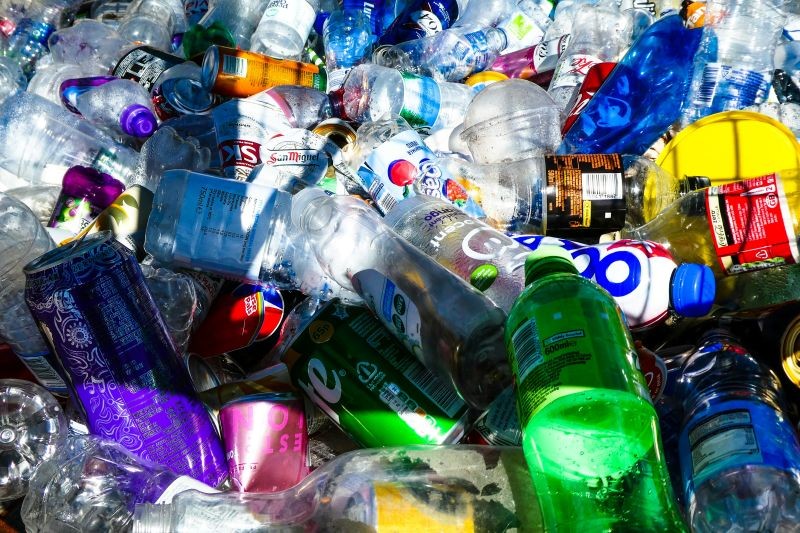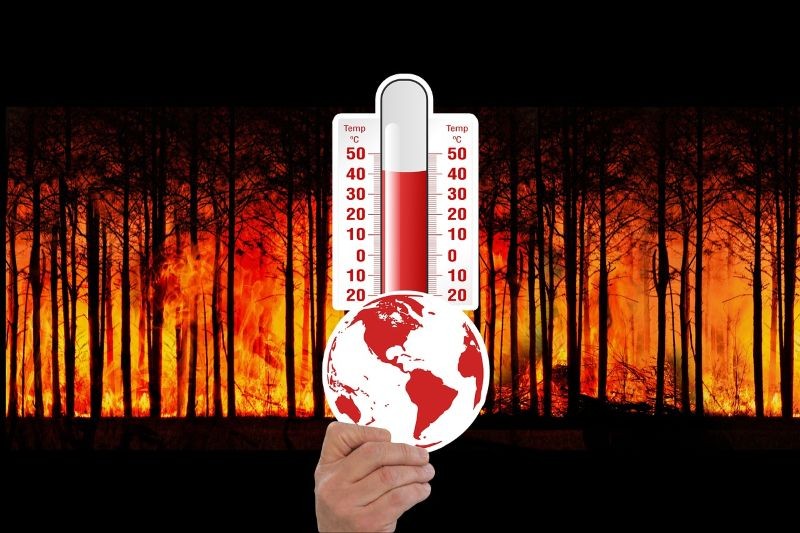Climate change could cause disease to 76.8 percent of corals by 2100
Sydney: Researchers from the University of New South Wales (UNSW Sydney) has estimated that 76.8 percent of corals across the world would catch disease by 2100 amid global warming.
In their new study published in the Ecology Letters journal on Wednesday, the researchers created a data set encompassing 108 papers on global coral disease for a further meta-analysis.
They found that both rising average summer sea surface temperatures (SSTs) and weekly sea surface temperature anomalies (WSSTAs) were associated with global increases in coral disease prevalence.
According to the study, global coral disease prevalence tripled to 9.92 percent between 1992 to 2018. When predicting future estimates of coral disease, the model suggested that the disease prevalence could reach 76.8 percent in 2100 if temperatures continue to rise.
Samantha Burke, lead author of the study and Ph.D. candidate at UNSW Sydney, said that the findings highlight the devastating impacts of rising temperatures on coral reefs and the dire need for swift action to mitigate climate change.
"Coral disease is a serious cause of coral mortality globally and reef decline, and our modeling predicts it will only continue to worsen," said Burke.
The scholar warned that as coral disease prevalence is climbing across the globe, more coral will become diseased without urgent action taken to address warming temperatures.
"As the ocean warms, it increases coral stress which can decrease its immune response," said Burke. "Increasing temperatures can also create more favorable conditions for the pathogen causing disease."
At the current stage, scientists have yet to identify many of the disease-causing pathogens.
"It's still relatively unknown whether the microbes associated with diseased coral are the cause or a symptom of disease, just that the coral is sick, and the tissue is dying," Burke said.
"Whether the fungi or bacteria present caused disease or merely fed on the dying tissue is unclear, so researchers need to study it further," she added.
(With UNI inputs)
IBNS
Senior Staff Reporter at Northeast Herald, covering news from Tripura and Northeast India.
Related Articles

Doctors are surprised: Bamboo shows incredible superfood potential, shows survey
The world’s first comprehensive academic review of bamboo consumption has identified a wide range of potential health benefits, including improved blood sugar control, reduced inflammation, better gut health and antioxidant effects, researchers said.

Plastics are making us sicker — Global health impact may double by 2040
The adverse health impacts linked to emissions across the full life cycle of plastics could double by 2040 unless urgent action is taken, according to new research.

India, Nigeria among worst hit as extreme heat set to affect billions by 2050: Oxford study
A new University of Oxford study warns that nearly half of the world’s population—around 3.79 billion people—could be living under extreme heat conditions by 2050 if global temperatures rise by 2.0°C above pre-industrial levels, a scenario climate scientists now view as increasingly likely.

WHO sounds alarm: US withdrawal risks global safety
The World Health Organization (WHO) has issued a detailed statement regretting the United States decision to leave the UN agency, and declaring that it will leave both the US and the world less safe as a result.
Latest News

EU set to designate Iran’s Revolutionary Guards as terror organisation alongside Al Qaeda, Hamas

‘On the same page’: Shashi Tharoor-Rahul Gandhi meeting signals truce amid Congress rift buzz

Tripura’s digital transformation gains momentum with Airtel Data Centre, expanding IT investments, CM

Assam Rifles destroys illicit Ganja cultivation worth Rs 14.5 Cr in Tripura

